Freestanding, Fixed and Folding Guardrail Systems

Access Ladder Systems
Vertical Access Ladders, Step Over Units & Custom Access Systems
6 June
If you employ contractors, self-employed engineers, temporary scaffold builders, or anyone else involved in working at height, you need to make sure that you have covered some important points when considering whether to hire them. If not, these sub-contractors could end up being a very costly mistake!
A sub-contractor has certain obligations to himself, to the company he works for, and to the business he is carrying out work for. Not being up to scratch with the latest Health, Safety, and Environmental (HSE) training, or not being insured to work as a self-employed sub-contractor are two ways a hire can go terribly wrong. All it takes is for someone without the right knowledge, legal protection, or experience to make a mistake that causes them - or another worker - to fall while working at height, and you're facing potentially massive legal fees.
A good sub-contractor will be able to provide you easily with all of these things:
Do They REALLY Have Public Liability Insurance?
You may think that a self-employed contractor working for you has all of the necessary insurance to protect him in case of litigation. However, while public liability insurance is essential for any self-employed person, many will try to skip it as it can be costly.
When you hire contractors, be sure to ask to see the original public liability insurance certificate. If it's out of date, don't hire them until it's been renewed!
When Was The Last HSE Training They Took?
Training taken within 3 years is ideal - and don't take "I learned on the job" as a satisfactory answer. If you find this is a common problem that prevents you from hiring roofing contractors, consider setting up regular training yourself as part of an induction programme for all new starters.
The HSE training MUST include Working At Height regulations if you want to make sure you are fully covered against any incidents.
Can They Provide Clean References?
You need to know why a contractor is no longer working for a particular client, especially if they held an exclusive or majority-time contract. This is because they may have been struck from the books for working dangerously at height - something as simple as not clipping in to a safety harness while on the roof is enough for stringent companies to strike contractors off.
How Would They React In Certain Situations?
A good way to test immediate on-the-spot reactions is to suggest a few scenarios related to your type of work, and finding out how they would react.
For example, a colleague hasn't clipped into his safety harness. Does the contractor keep quiet, or challenge him?
How about if there is no roof safety rail, scaffolding, personal protection equipment, or barrier that could prevent a fall from the roof? What would they do?
Asking these questions will help you determine who will act professionally and safely whenever you provide them with work.
Will They Put Their Name To It?
A good sub-contractor should also be willing to sign a waiver stating that they are responsible for any accident or incident which occurs from their direct negligence. Such a waiver is designed to give you confidence that the sub-contractor is willing to accept responsibility, safe in the knowledge that they have received sufficient HSE training and experience to avoid problems arising in the first place.
(Remember, a waiver like this does not cover negligent actions on your behalf or that of the premises, such as not providing the correct personal protection equipment or a business not stating dangerous areas like fragile roofing).
The Quick-Hire Checklist
So here are the things you need to look for when a roofing sub-contractor is looking to work with you:
All of these will demonstrate that you're looking at a good hire that is unlikely to cost you in the event of an accident or incident. It's better to have fewer, well trained contractors than lots of potential lawsuits on your books! Get in touch with our team for more information.



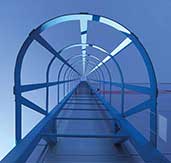
4 March

26 March

2 September

19 August

5 August

22 July

4 July
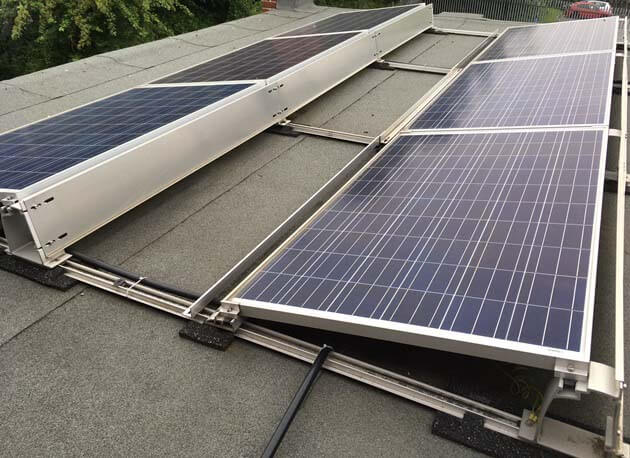
3 June
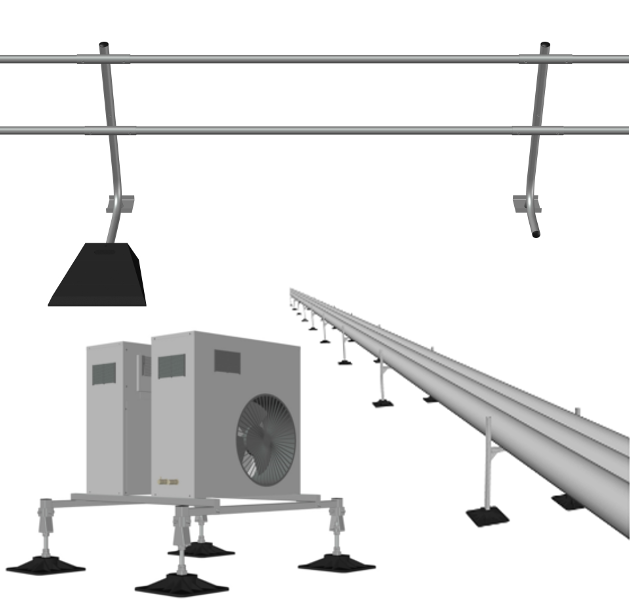
17 April
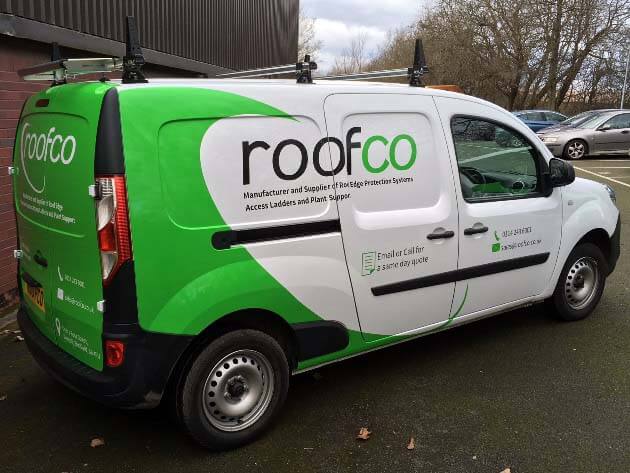
11 April

4 April

28 March

22 March
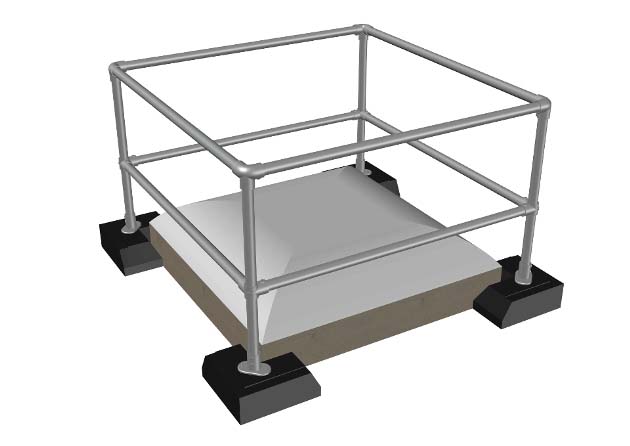
13 March

28 February
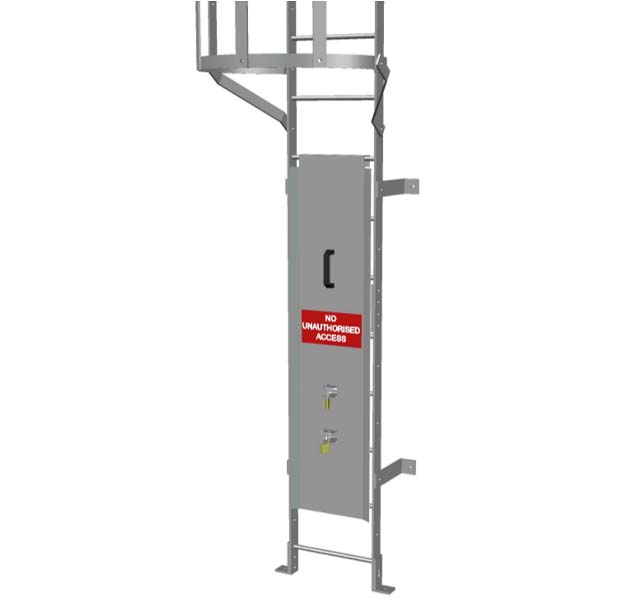
30 January
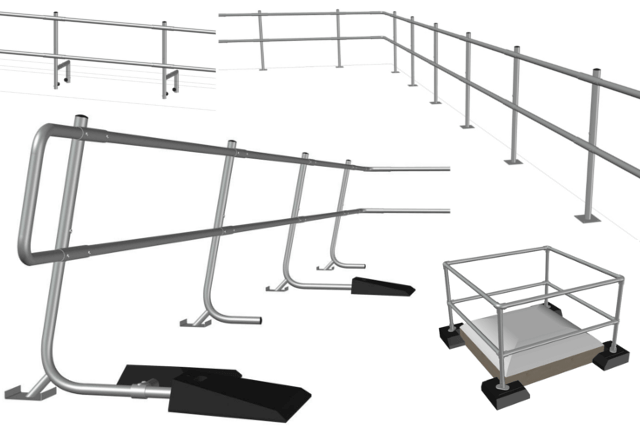
12 January
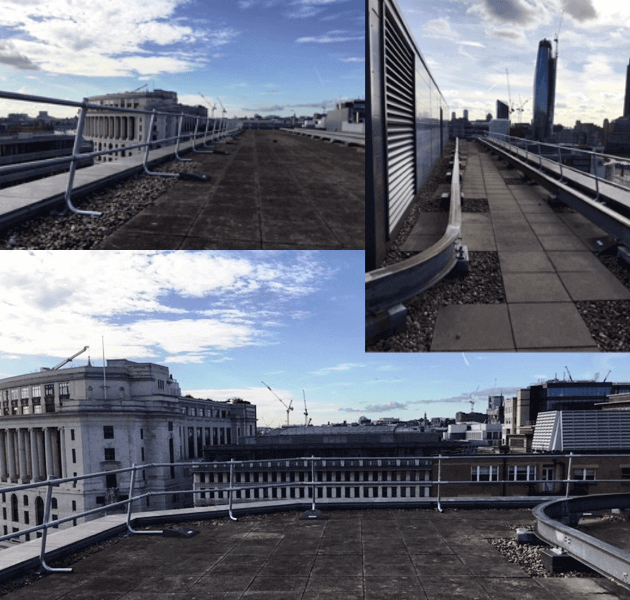
20 December

13 December

1 December

22 November
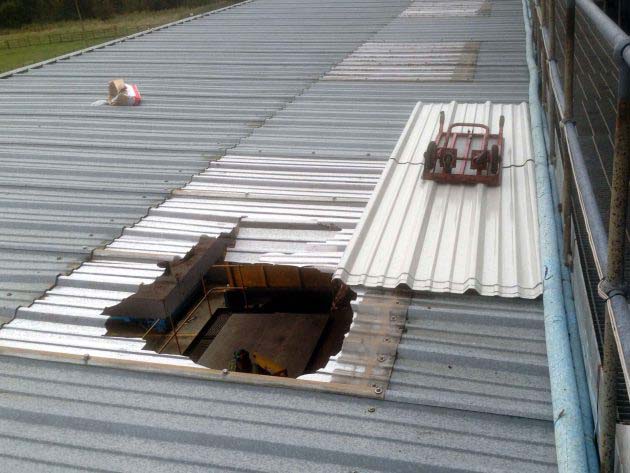
9 August
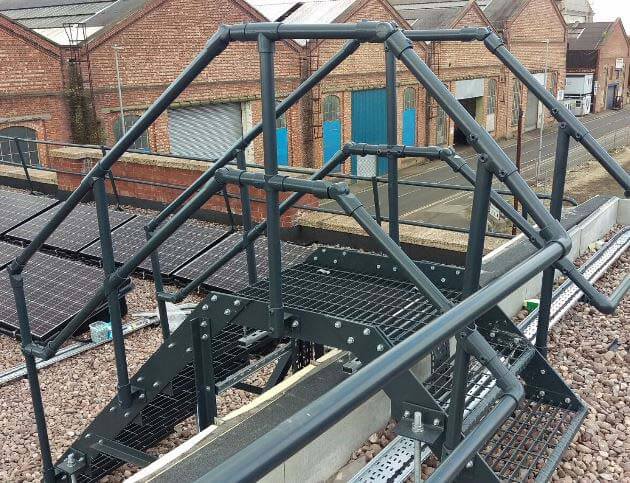
5 July

13 June

6 June
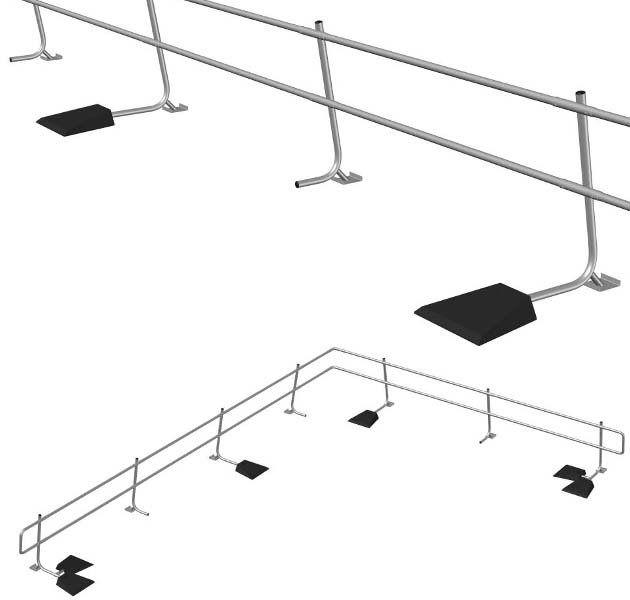
25 May
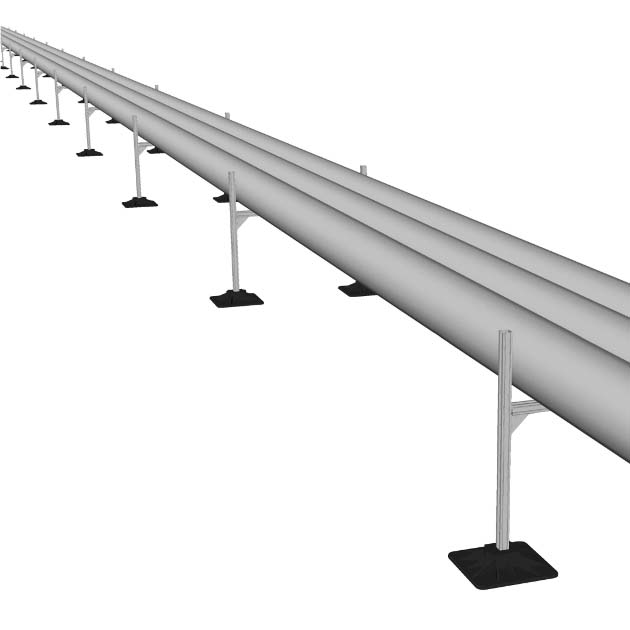
7 May
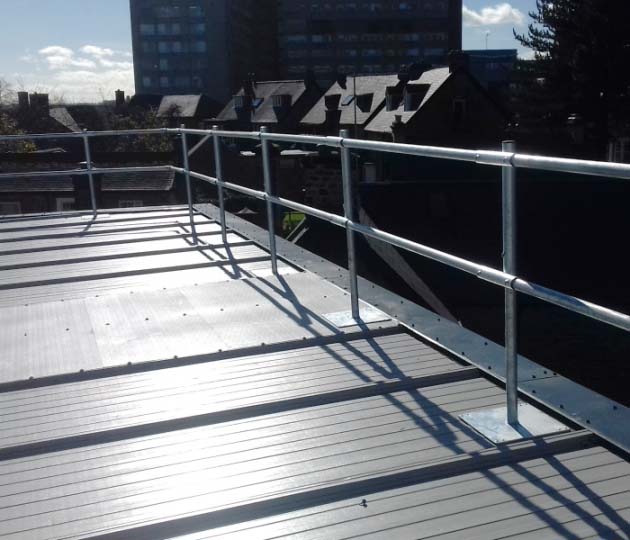
12 April

5 April
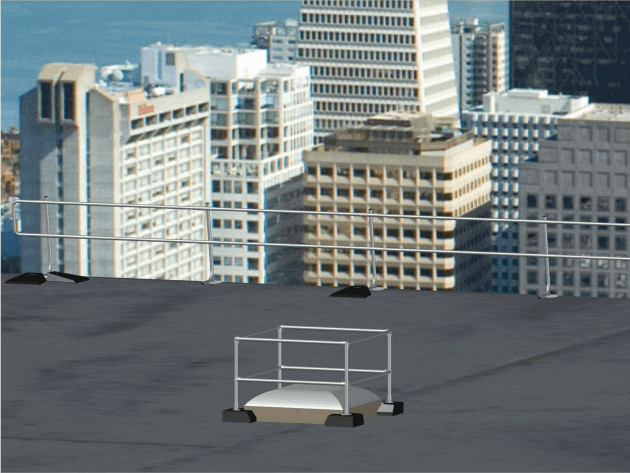
29 March
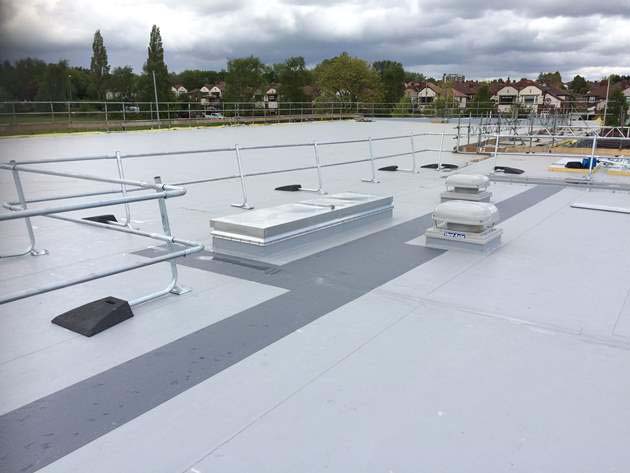
23 March
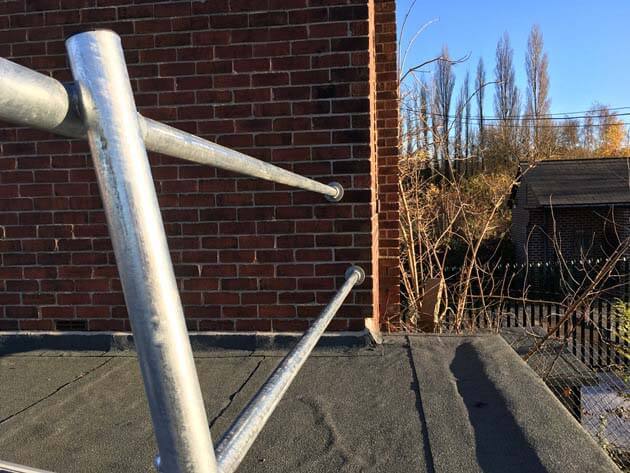
16 March

6 March